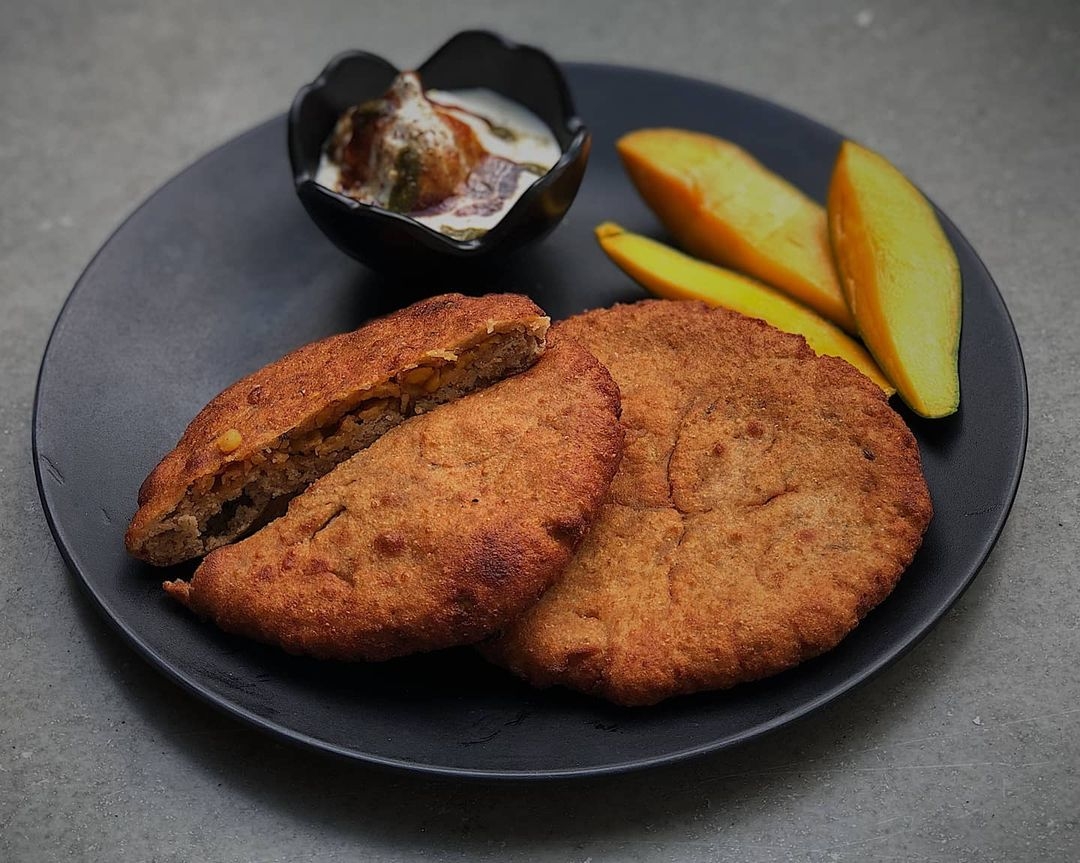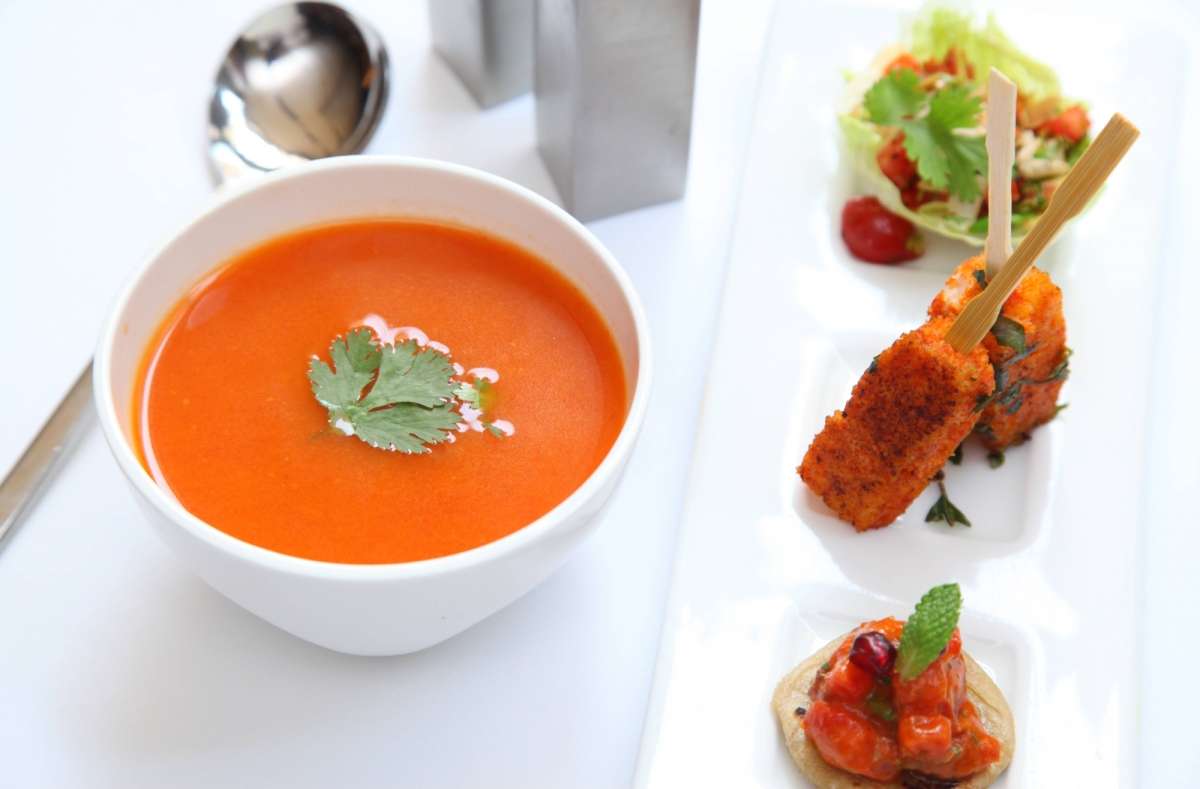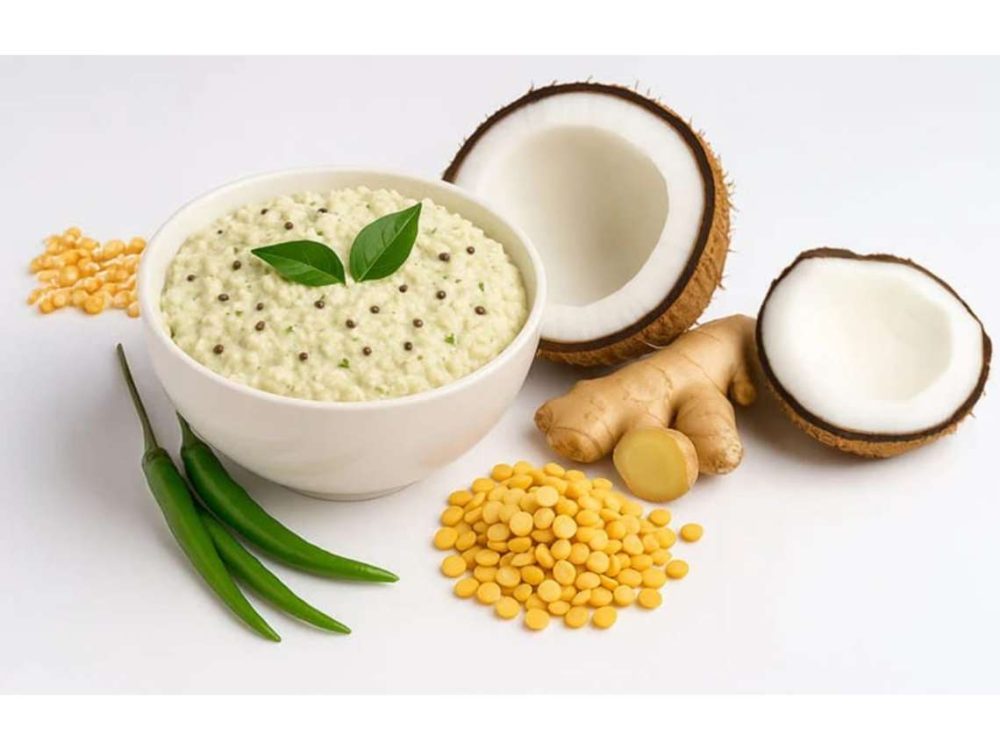Ferments based on grains, legumes, and buttermilk are popular in the west. Maharashtra, like other tropical regions, has a distinct fermenting culture…writes Lothungbeni Humtsoe
India is known for its rich and diverse culinary tradition, which includes a vast range of fermented dishes. What began as a tradition centuries ago is still a prominent trend today, according to the Godrej Food Trends Report 2022. Fermented foods like curd, pickles, and bread are common in our diets and have numerous health benefits. Because of the diversity of climate in India, different regions have distinct food products with varying fermentation processes and methods.
Contributing to Godrej Food Trends 2022, Sweta Biswal, culinary chronicler, food writer, and curated meals creator, said “Popular dishes include Pakhala (fermented rice gruel), Ragi based Mandiapej. The hotter months have more fermented foods like Tanka Torani and Ghola Dahi (buttermilk) because they become something of a necessity. But even in the colder months ‘slower’ fermentation time is leveraged to add to the flavour/enhance the nutritional profile of certain foods like Pithas, Dahichenna, Usna Chakuli, and Torani kanji.”
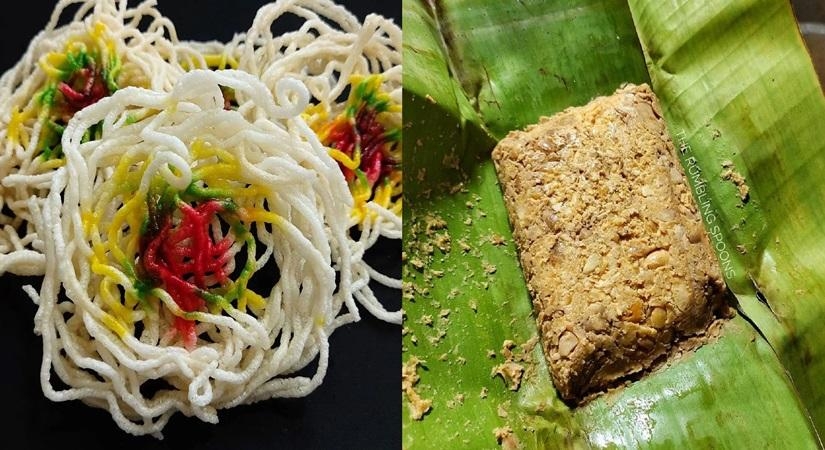
Tracing this trend is an overview of fermented products basis climate conditions:
North – Cold Climate
Northern India has the coldest weather and a thriving yeast-based bread culture with seasonal fermentation. It is in this location that more mustard ferments are consumed during the winter. Pickles such as paani ka achaar and rai-paani ka achaar are particularly popular in Uttar Pradesh. Pickles are popular throughout the winter since they are vegetable-based, adapt to the temperature, and are ideal to accompany their traditional winter dishes. Other forms of fermented foods commonly consumed in the north include:
Jammu – Phuh (colostrum cheese), Yaji (steamed dumplings)
Himachal Pradesh – Dangal bari (spiced lentil mixture), Bedvin roti (flour+lentil+walnut bread)
Uttarakhand – Jamma (goat meat sausage), Keem (barley flour curry)
Punjab – Sez (rice), Bhallae (black gram fritters)
Haryana – Doli ki roti (sourdough bread), Kanji (carrot+beet beverage)
West – Hot & Dry Climate
Ferments based on grains, legumes, and buttermilk are popular in the west. Maharashtra, like other tropical regions, has a distinct fermenting culture. Because of the hot weather, summertime temperatures are high, and fermented foods help to keep the body temperature cool. Ambolis is the most common fermented dish consumed in the morning. Amboli is a thicker type of dosa prepared from fermented rice batter. Although it has a sweeter flavour, it is very similar to southern uttapam. Other fermented-base meals include:
Rajasthan – Doli ki roti (sourdough bread), Kanji (carrot+beet beverage)
Gujrat – Dhokla (bengalgram+rice), Handvo (lentil cake)
Maharashtra – Kurdai (sundried wheat cracker), Sukhi bombil (dry fish)
Madhya Pradesh – Pej (rice), Rabdi (maize porridge)
South – Hot & Humid
Given the hot and humid weather in the south, a wide variety of fermented foods are appreciated. The south is well-known for its fermented lentils, dosas, and rice-based idlis. Curd and buttermilk-based ferments, which are common throughout the country and are used to soak vegetables to boost their potency, are another intriguing meal. Some of the fermented foods that are popular in southern India include:
Telangana – Idli (steamed rice cakes), Dosa (rice pancakes)
Andhra Pradesh – Ambali (millet porridge), Taravani (rice porridge)
Karnataka – Chepnim tor (stuffed raw mango pickle), Kachampulli (garcinia vinegar), Baimbale (bamboo shoot)
Goa – Sannas (rice cake),
Kerala – Appam (rice+toddy pancake), Idiyappam (string hoppers)
Tamil Nadu – Koozh (finger millet+rice porridge), Pazhayasadham (rice)
East – Composite, Hot, and Humid
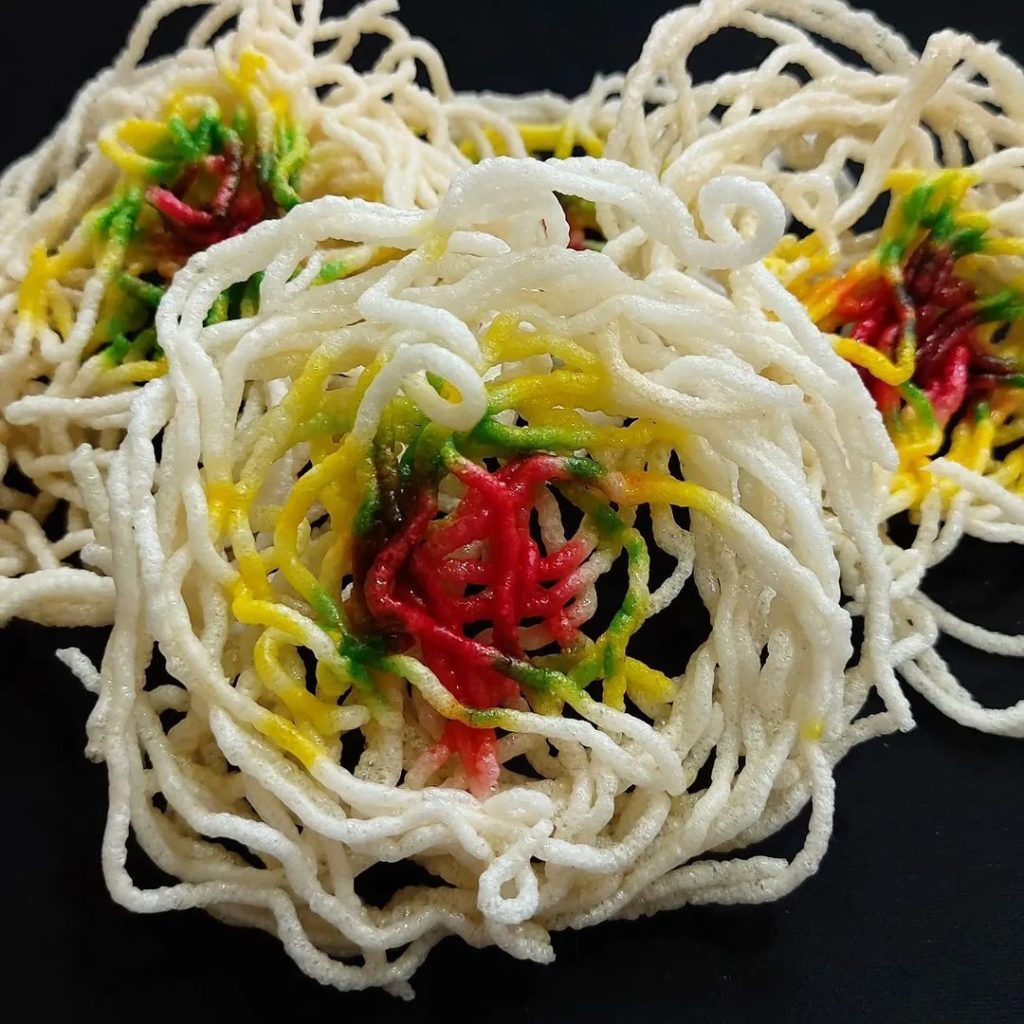
The weather is a mix of hot and humid, which is ideal for fermenting. Given the environment, fermented foods are very common in Odisha. Because of the changing environment, tribal regions are where the majority of fermentation techniques originated. Seasonal consumption and several procedures are used here. Mandiapej, Handia, Mahuli, and Tadi are examples of typical tribal cuisine. Aside from these, some other popular fermented meals from India’s east and north-east states are:
Odisha – Pitha (grain dessert), Chennapoda (chennacheescake)
Chattisgarh – Dehori (rice-curd mixture), Bijori (sun-dried lentil disc)
West Bengal – Bandel cheese (coagulated cow’s milk)
Nagaland – Axone (sticky soybean paste), Jang Kap (buffalo skin)
Mizoram – Bekang-um (sticky soybean paste)
Sikkim – Gundruk (leafy vegetable), Maseura (black lentil soup)
Assam – Namsing (fish), Kinema (soybean)
Meghalaya – Tungrymbai (soybean paste), Tungtap (fish)
Arunachal Pradesh – Chhurpi (yak milk), Pikey Pila (pork meat pickle)
Manipur – Hawaijar (soybean), Soibum (bamboo shoot)
Sharing an insight in the Godrej Food Trends report 2022 Assamese Home Chef Gitika Saikia said, “In Assam, even small paddy field fish are sun-dried, pounded with colocasia leaves and left to ferment in a bamboo hollow, near the cooking fire. When needed a spoonful or two are pulled out, mashed with fresh chilies, or onion and salt, and served with rice. It is a frugal delicious meal.”
ALSO READ-Winter special soup recipes


